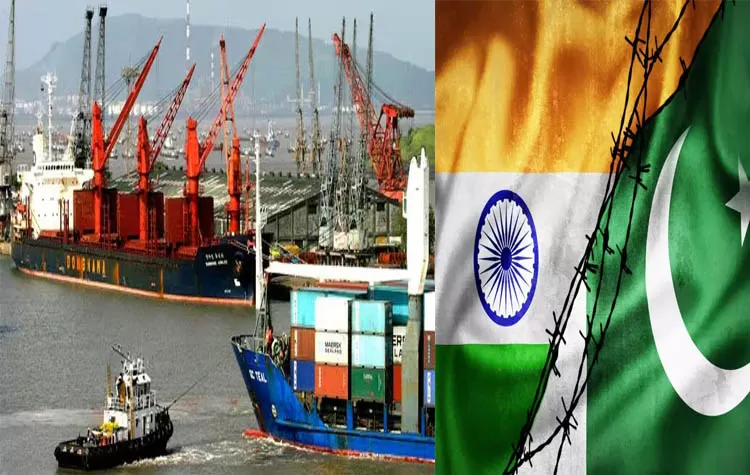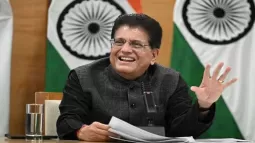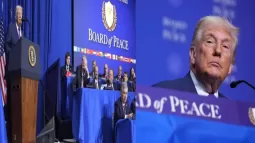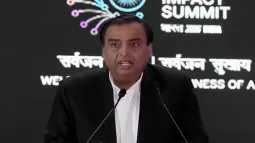
India intensified cross-border commerce watch after allegations of Pakistani-origin goods being channeled via third countries. In response to the recent Pahalgam terror attack, India declared a full ban on direct as well as indirect trade coming into the country directly from Pakistan and entering via third countries situated at different locations. Custom authorities were alerted after receiving tips that there was an effort to evade the ban by passing such imports via UAE, Singapore, Indonesia, and Sri Lanka.
The alert follows intelligence that a number of Pakistani exports like agricultural produce, textiles, leather, and rock salt are being repackaged and rebadged in third nations prior to export to India. Several ports and airports authorities have been instructed to screen consignments suspected to be of Pakistani origin regardless of the country of export indicated on the consignments.
Third-Country Repackaging Raises Red Flags
Euphrates has established proof of a massive effort to bypass India's prohibition on trade with Pakistan through circuitous channels of exports. Pakistani goods, it has been revealed from authentic sources, are being re-exported to India through relabelling in nations like the UAE, Indonesia, Singapore, and Sri Lanka. Fruits, dried dates, apparel, rock salt, and leather goods have been cited as being part of this operation.
In response, Indian customs officials have tightened checks on all imports passing through these nations. Orders issued by the central government demand strict screening of Pakistani-origin products, regardless of transit country. The move is aimed at plugging all loopholes according to trade.
Trade Ban Tightened Following Heightened Security Tensions
The Indian government put an official blanket ban on all imports from Pakistan whether direct or indirect on May 2. It follows heightened tension in the wake of the terror attack in Pahalgam. While formal trade between the two countries has been restricted over recent years, authorities stated that they noticed an abundance of merchandise being routed via third-party countries to circumvent previous bans.
The Directorate General of Foreign Trade and Customs ordered regional enforcement offices to identify and stop such shipments. Explicit directions have been made to seize shipments that are contrary to the current embargo.
Historic Patterns of Trade Show Low-Level Direct Participation
Official trade statistics indicate a consistent decline in trade between India and Pakistan, especially after the Pulwama terrorist attack in 2019. India had revoked the Most Favored Nation (MFN) status of Pakistan and slapped a 200% duty on imports from Pakistan. Consequently, direct imports plummeted.
In 2024-25, the volume of Indian shipments to Pakistan was about $447.65 million. Import from Pakistan during the same time was only $0.42 million, thus indicating the very limited extent of formal trade. Indian authorities nonetheless observe that even some Pakistani industries still rely on access to Indian markets for survival.
Government Initiatives to Block All Loopholes
Although the size of the trade is paltry in economic terms, India views illegal Pakistani imports as a serious policy breach. New enforcement efforts have the dual purpose of guarding national security limitations as well as affirming India's sovereignty with respect to trade.
Customs and foreign trade agencies have also been coordinating to identify supply chains potentially involved in re-exporting of Pakistani products. Additional scrutiny is being put on declared origins with increased verification on invoices, packaging documentation, and suppliers' data.













